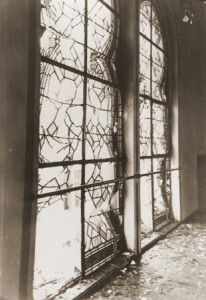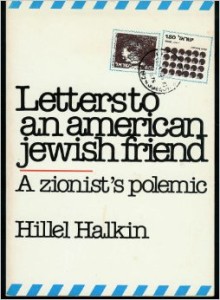Kristallnacht in Poetry & Prose

“Kristallnacht, literally, “Night of Crystal,” is often referred to as the “Night of Broken Glass.” The name refers to the wave of violent anti-Jewish pogroms which took place on November 9 and 10, 1938, throughout Germany, annexed Austria, and in areas of the Sudetenland in Czechoslovakia recently occupied by German troops.”
“Kristallnacht figures as an essential turning point in Nazi Germany’s persecution of Jews, which culminated in the attempt to annihilate the European Jews.”
Both of my paternal grandparents had arrived safely in the United States before the Kristallnacht of November 1938. And yet, among the stories my grandmother told over the years, the tale of how her parents and other loved ones back in Germany experienced the horrific events lodged in my mind and in my heart. (more…)


